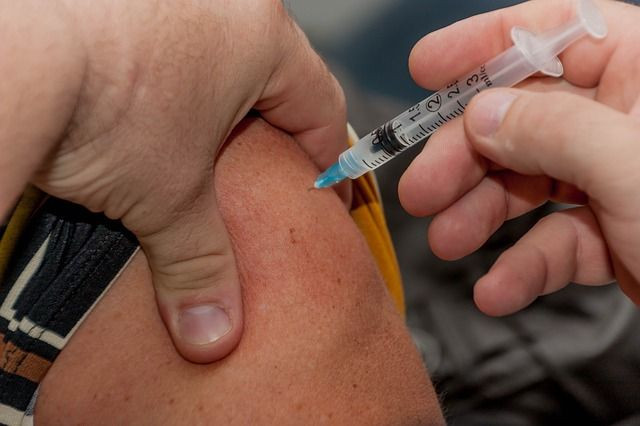Cervical Cancer Risk Latest: 3 Key Ways To Protect Yourself From Disease Of Female Reproductive Organs

Cervical cancer still remains one of the most common and most deadly cancers to affect women. Almost 13,000 women will be diagnosed with this type of cancer this year, according to cancer.net, and more than 4,000 will die. But it doesn't have to be. In a newly released press statement, the Food and Drug Administration (FDA) reminded women that there are ways to protect themselves from this preventable cancer, with the most important and effective of these being the Gardasil 9 vaccine.
The Vaccine
Gardasil 9, or Human Papillomavirus 9-valent Vaccine, Recombinant as it’s properly known, is FDA approved to vaccinate men and women from ages 9 to 26 against the human papillomavirus. The vaccine protects against 9 HPV strains, and can prevent 90 percent of cervical, vulvar, vaginal, and anal cancers. In addition, the vaccine can also protect against genital warts. Despite the availability of the vaccine since 2006, many girls and women still go unvaccinated, a choice that could cost them their lives.
Read: Everything You Need To Know About Preventing And Treating Cervical Cancer
"If you aren't eligible but your children are the right ages, consider taking them to be vaccinated," Summer Dewdney, MD, a gynecologic oncologist at Rush University Medical Center said in a press release promoting cervical cancer prevention. "But the important thing to know is that even if you were not vaccinated as a child, you can still get the vaccine up to age 26."
Regular Pap Smears
The second important measure women can take against cervical cancer is getting regular pap smears. Many do not realize that the vaccine does not do away with the need for this very important check-up. This test uses samples of cells from the cervix to check for abnormalities that may be early signs of cancer.
"Women, including those who have been vaccinated, should continue to get Pap tests because they are essential to detect cervical cancer and precancerous changes," said Marion Gruber, director of the FDA's Office of Vaccines Research and Review in an FDA news release.
Quit Smoking
Quitting smoking will help improve your health in many ways, but it can also significantly lower your risk of developing cervical cancer. This is because many of the chemicals in tobacco damage the DNA of cervix cells, making them even more vulnerable to developing cancer. In fact, the American Cancer Society lists cervical cancer as a cancer linked to tobacco use.
See Also:
What To Know About Female Reproductive Cancer After Journalist Gwen Ifill’s Death
12 Smoking-Related Cancers Contribute To Over 150,000 Deaths From Cigarette Smoking



























